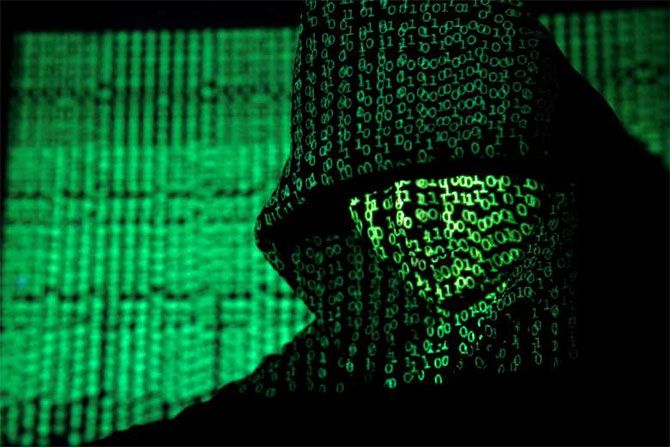The attack is not focused towards any particular industry but it is widely spread across industries

Security software maker Quick Heal said on Tuesday it had detected over 48,000 instances of the WannaCry ransomware attack in India, targeting both enterprises as well as individuals using systems running Microsoft’s Windows OS.
The WannaCry bug, for which India’s Computer Emergency Response Team (CERT-In) issued a critical warning on April 13, has reportedly crippled hundreds of thousands of systems, especially healthcare and transport networks, across 150 countries.
In a webcast on Monday, CERT-In said India had not been affected by the attack as badly as many other countries.
Quick Heal said the ransomware attack was not focused towards any particular industry but was spread across industries, “especially those organisations which are online and connected”.
“In the last few days, we have received distressed calls from customers belonging to verticals like education, banking, financial, manufacturing, healthcare and even from a few services sectors,” said Sanjay Katkar, managing director and chief technology officer of Quick Heal.
The IT security solutions provider said 60 per cent of the attacks were targeted at enterprises and rest at individuals in India. Kolkata saw the most attacks, followed by Delhi, Bhubaneshwar, Pune and Mumbai.
The WannaCry bug encrypts critical files on a computer it infects, with the attackers demanding $300 paid through Bitcoin to regain access to those files.
CERT-In on Monday advised victims of the attack to not pay the ransom and wait for researchers to develop a key with which they would be able to unlock their data.
Both CERT-In and Quick Heal have advised the system administrators and individuals to update Windows with the latest security patches issued by Microsoft. Further, users can take backups of their data to ensure that they do not lose it in case their systems get infected with the ransomware.
Photograph: Kacper Pempel/Reuters












 © 2025
© 2025